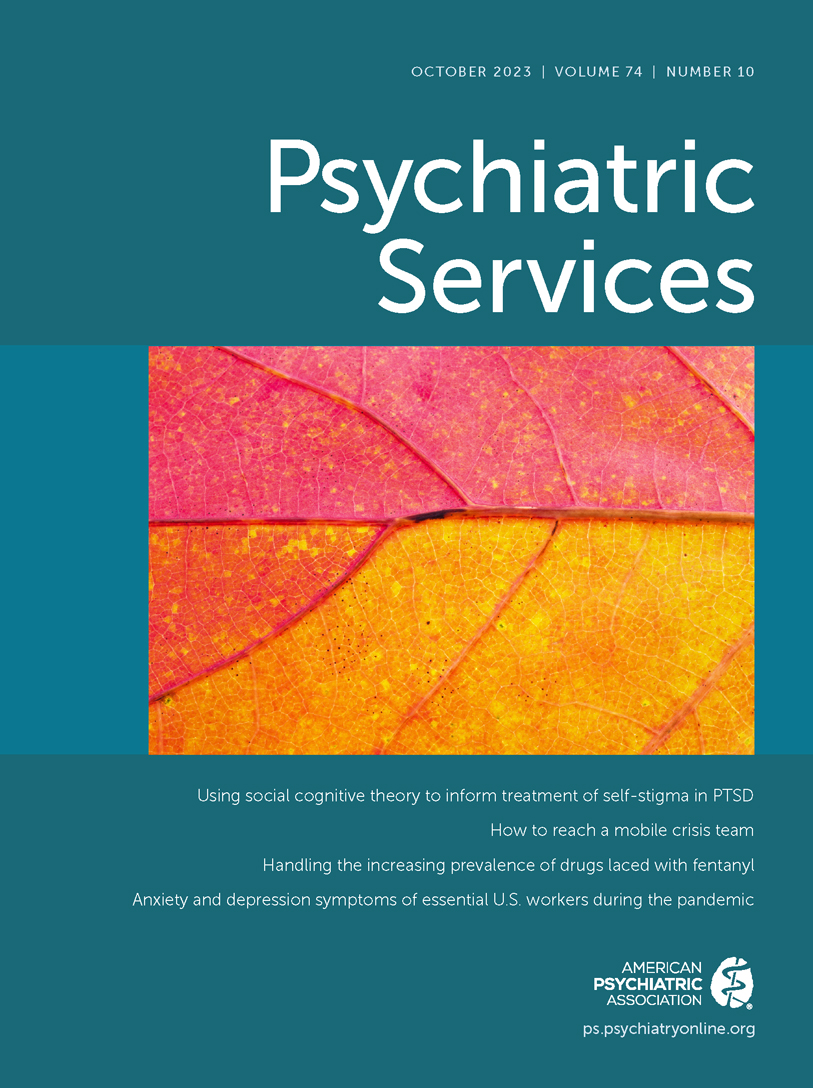Preventing Abuses in Guardianship Cases
Abstract
Guardianships allow court-appointed guardians to make decisions on behalf of persons who are incapable of caring for themselves. With their authority frequently extending over both the personal and the financial affairs of a ward, guardians sometimes abuse their extensive powers. Misuse of funds, excessive fees, and neglect of the ward’s needs all have been seen in guardianship cases. As awareness of this problem has grown, innovative approaches have been developed to prevent and detect abuses, including mandatory certification, centralized audits, and visits to persons under guardianship to assess their status. Funding such efforts, however, remains a challenge.
Access content
To read the fulltext, please use one of the options below to sign in or purchase access.- Personal login
- Institutional Login
- Sign in via OpenAthens
- Register for access
-
Please login/register if you wish to pair your device and check access availability.
Not a subscriber?
PsychiatryOnline subscription options offer access to the DSM-5 library, books, journals, CME, and patient resources. This all-in-one virtual library provides psychiatrists and mental health professionals with key resources for diagnosis, treatment, research, and professional development.
Need more help? PsychiatryOnline Customer Service may be reached by emailing [email protected] or by calling 800-368-5777 (in the U.S.) or 703-907-7322 (outside the U.S.).



